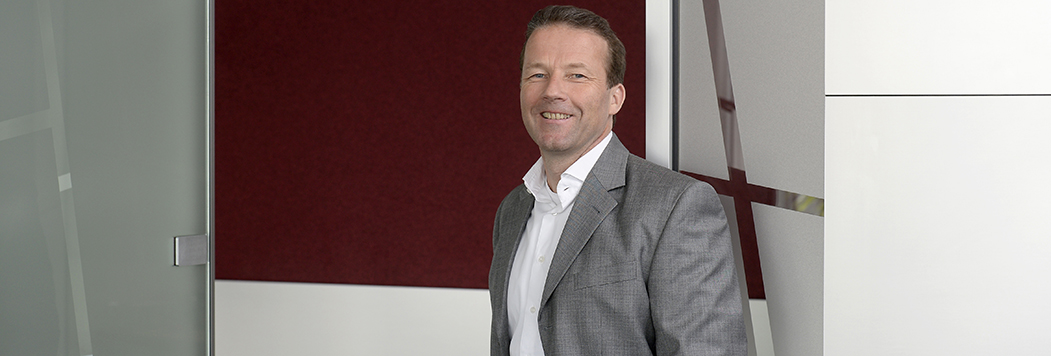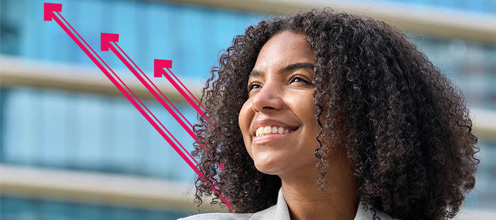Author: Maha Khan Phillips
Theo Kocken is co-chief executive officer of Cardano, the pension and risk consultancy.
PI: Given all the challenges facing the pensions industry, if there was one thing that you could really change, what would it be?
Kocken: It would be to improve the pension savings in the informal sector. In the Western world, this entails better pension arrangements for the self-employed, a group that is growing from 5% to 10%, to something like 25% in the future. In the more economically developing countries, the informal sector can account for 80% or more of the working population, which means they have no access whatsoever to any pension savings system or, when they retire, to any pension provision. Due to urbanisation and a strong increase in life expectancy, they face old age poverty like we have never seen in the world.
PI: You have been so passionate about educating the public and the industry about finance and investing, from your films to your writing, research, and advocacy and development work. Can you tell us a little bit about that?
Kocken: I found out as an entrepreneur, that as part of my ambition to change the thinking of professionals, I wanted to focus on education. I became part-time professor. As a professor I soon decided that writing papers for other academics was not my passion. I wanted to reach a broad public, from politicians to interested laypeople that are pivotal in changing the world. That way, I feel I can have the biggest impact in changing things a bit for the better. And as an entrepreneur in risk management, I was able to apply a behaviour and complexity-based risk management approach in practice. First to pension funds to make them more aware of fundamental uncertainty, and of how to make decisions to survive both the good and bad times. This is not an easy task because investing for the long term comes with many behavioural pitfalls. Then I ran into people from the development finance world, and I cooperated with them to improve risk management in frontier markets. It was a totally new world to me! We started to focus on improve local currency finance, which is one of the most important financial changes necessary to make these developing markets less vulnerable to financial crises. We – and I should de-emphasise my role in it because many great people were pivotal in its success – founded The Currency Exchange (TCX) and made it a success, enabling almost all international Development Finance Institutions to provide more local currency loans to developing countries. After TCX we started to manage more institutions within Cardano Development, with a focus on local currency finance. So all these things kept me busy and happy.
PI: Should finance, and managing finance, be taught in schools?
Kocken: I think we should learn at a young age how to be resilient in life as it comes to money. Life is not full of guarantees but it is full of surprises. Investing can be beneficial, but also disastrous when based on borrowed money. Old age can be fun but also painful when you find out too late you didn’t prepare well. These mistakes are not like learning to cycle on a bike. Falling a few times will make you adjust and within a few hours you learn a lot. With finance, you make big mistakes once in your life, and then it is often too late and extremely painful, causing several decades of drama. So for these kind of mistakes we need to prepare people with special education that helps them emotionally go through things before they really happen. It is difficult, but I think films and new insights in how our brains work will be of tremendous help in the future.
PI: What keeps you up at night?
Kocken: I’m a very positive person and sleep well. I see much improvement in the world, and refer to for example Hans Rosling’s book, Factfulness. We are not there, and there is still a lot of misery, so no reason for complacency, but things are improving at a fast rate and so I am not worried to the state I cannot sleep. But of course the way we dealt with our planet and climate and also our deteriorating food behaviour are things that do cause a threat to human welfare.
PI: What achievement are you most proud of?
Kocken: I’m just grateful I’m so lucky I can do the things I am good at and help a bit those people that are less endowed with luck. Sometimes I feel proud about things and then I realise that with every big achievement, there were people around me that made the difference and I couldn’t have done it without them.
PI: What will the future of asset management look like and how can we prepare for that future today?
Kocken: Asset management will change tremendously due to technology and costs will go down, so the revenue side will shrink. But I am afraid that the bullshit narratives around investing, and people collectively going into a wrong direction – and the asset management industry partially facilitating this instead of being a tool mitigating people’s foolish actions driven by greed and fear – will always remain. But I’m positive we gradually will get to a more positive role of finance.
PI: One thing we don’t know about you?
Kocken: If I wasn’t in the financial industry trying to improve long term rational decisions, I would be fighting the way our food patterns have developed the last 100 years. I can hardly look at the way children across the world get lured by the food industry to eat fast sugars, wrong fat and other refined calories without valuable content, and are pushed away from “original” food that our ancestors ate. It is a disgrace to society, not much different from promoting smoking after knowing how bad it was for our health. But I decided to use my finance knowledge to the best and leave this battle to other people.
PI: If you weren’t running Cardano, what would you be doing?
Kocken: I officially spend 50% of my time running Cardano as a co-CEO and the rest of the time I do things in academics, education and development projects around the world. So I have a good balance. Of course I always lack time for slow contemplation, because there are so many interesting things to do but that is a luxury problem I learned to live with.

